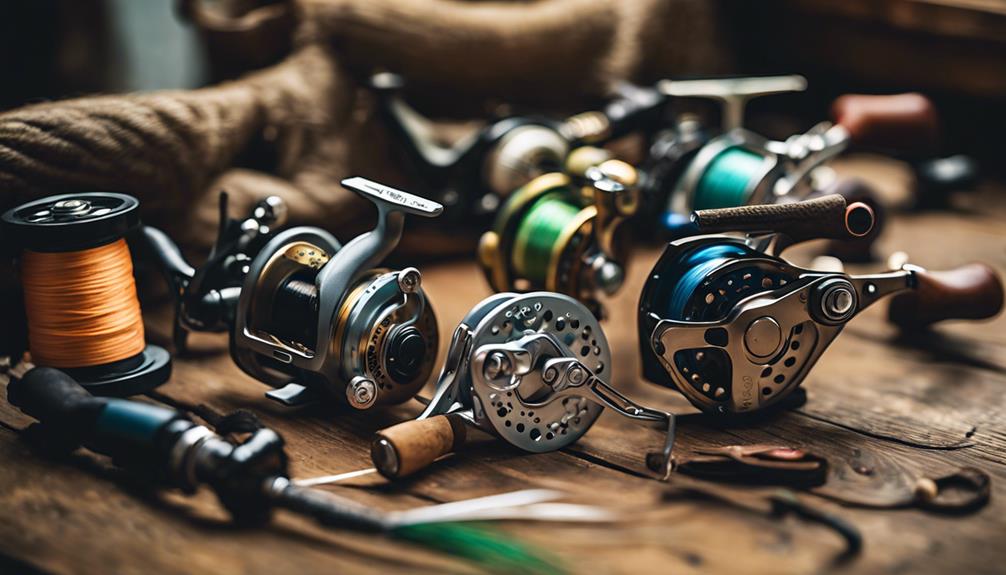Fishing is one of the most popular outdoor activities, offering a chance to unwind, connect with nature, and possibly catch dinner. However, before casting your line, it’s essential to understand what you need a fishing license for, as well as the regulations surrounding fishing in your area. This guide will walk you through the necessity of fishing licenses, the types available, and the benefits of obtaining one.
The Importance of a Fishing License
A fishing license is a legal requirement in many regions around the world. It serves several important purposes. First and foremost, it helps regulate fish populations and protect aquatic ecosystems. By requiring licenses, authorities can monitor fishing activity, ensuring sustainable practices and preserving natural resources for future generations. Additionally, revenue from fishing licenses often funds conservation efforts, habitat restoration, and public education initiatives. Therefore, understanding what you need a fishing license for is crucial not only for compliance with the law but also for contributing to the health of our environment.
Who Needs a Fishing License?
Generally, anyone aged 16 or older needs a fishing license to fish in public waters, although this can vary by state or country. Specific exemptions may apply, such as for certain age groups, veterans, or during designated free fishing days. Additionally, some jurisdictions may require licenses for specific types of fishing, such as saltwater or freshwater fishing. To ensure compliance, it’s essential to check the local regulations of the area where you plan to fish. Understanding who needs a fishing license and the local laws can prevent fines and promote responsible fishing practices.
Types of Fishing Licenses Available
When exploring what you need a fishing license for, it’s important to be aware of the various types available. Most regions offer different licenses based on factors such as age, residency, and the type of fishing you plan to do. Common types include:
1. Resident Licenses: Available to individuals who reside in the state or region.
2. Non-Resident Licenses: For those who are visiting from another area.
3. Short-Term Licenses: Temporary options for tourists or infrequent anglers, often valid for a few days.
4. Specialized Licenses: These may include options for saltwater fishing, trout fishing, or fishing for specific species.
By selecting the appropriate license, you can ensure that you are fishing legally while supporting local conservation efforts.
Where to Obtain a Fishing License
Obtaining a fishing license is typically a straightforward process. Most states and countries offer multiple avenues for acquiring a license. You can often purchase a fishing license online through the official wildlife or fisheries department websites. Many local bait shops and sporting goods stores also sell licenses. Additionally, some jurisdictions allow you to obtain a license by phone or in person at designated offices. Familiarizing yourself with these options can save you time and ensure you have the proper documentation before your fishing adventure.
Cost of a Fishing License
The cost of a fishing license can vary significantly depending on the type of license and the region. Generally, resident licenses are less expensive than non-resident options. Some states may offer discounts for seniors, children, or military personnel. Additionally, many regions provide a range of options, from annual licenses to short-term permits, allowing anglers to choose based on their fishing frequency and budget. Understanding the costs involved can help you make informed decisions about your fishing endeavors and ensure you’re complying with local regulations.
Consequences of Fishing Without a License
Fishing without a valid license can lead to serious consequences, including hefty fines and legal action. Enforcement officers often conduct checks to ensure compliance with fishing regulations, and being caught without a license can result in penalties that may far exceed the cost of obtaining one. In addition to financial repercussions, being cited for fishing without a license can negatively impact your ability to obtain a license in the future, as some jurisdictions may impose restrictions on repeat offenders. Therefore, it is imperative to understand what you need a fishing license for and to always obtain one before heading out to fish.
Benefits of Having a Fishing License
Beyond legal compliance, having a fishing license comes with several benefits. First, it contributes to the conservation of fish populations and their habitats, ensuring that fishing can be enjoyed by future generations. Many licensing programs also offer educational resources, such as information about local fishing regulations and sustainable practices. Furthermore, purchasing a fishing license often provides access to specific fishing areas, events, and programs that may not be available to individuals without a license. By investing in a fishing license, anglers actively participate in the stewardship of aquatic environments.
Final Thoughts on What You Need a Fishing License For
In summary, understanding what you need a fishing license for is essential for anyone looking to enjoy the experience of fishing. A fishing license not only ensures compliance with local regulations but also supports conservation efforts and promotes sustainable practices. From knowing who needs a license to understanding the types available and where to obtain one, being well-informed can enhance your fishing experience. So before you head out for your next fishing trip, make sure you have the proper license in hand to enjoy your time on the water responsibly and legally. Happy fishing!
By following the guidelines outlined in this post, you’ll be well-prepared to enjoy all that the world of fishing has to offer while adhering to the necessary legal requirements.
